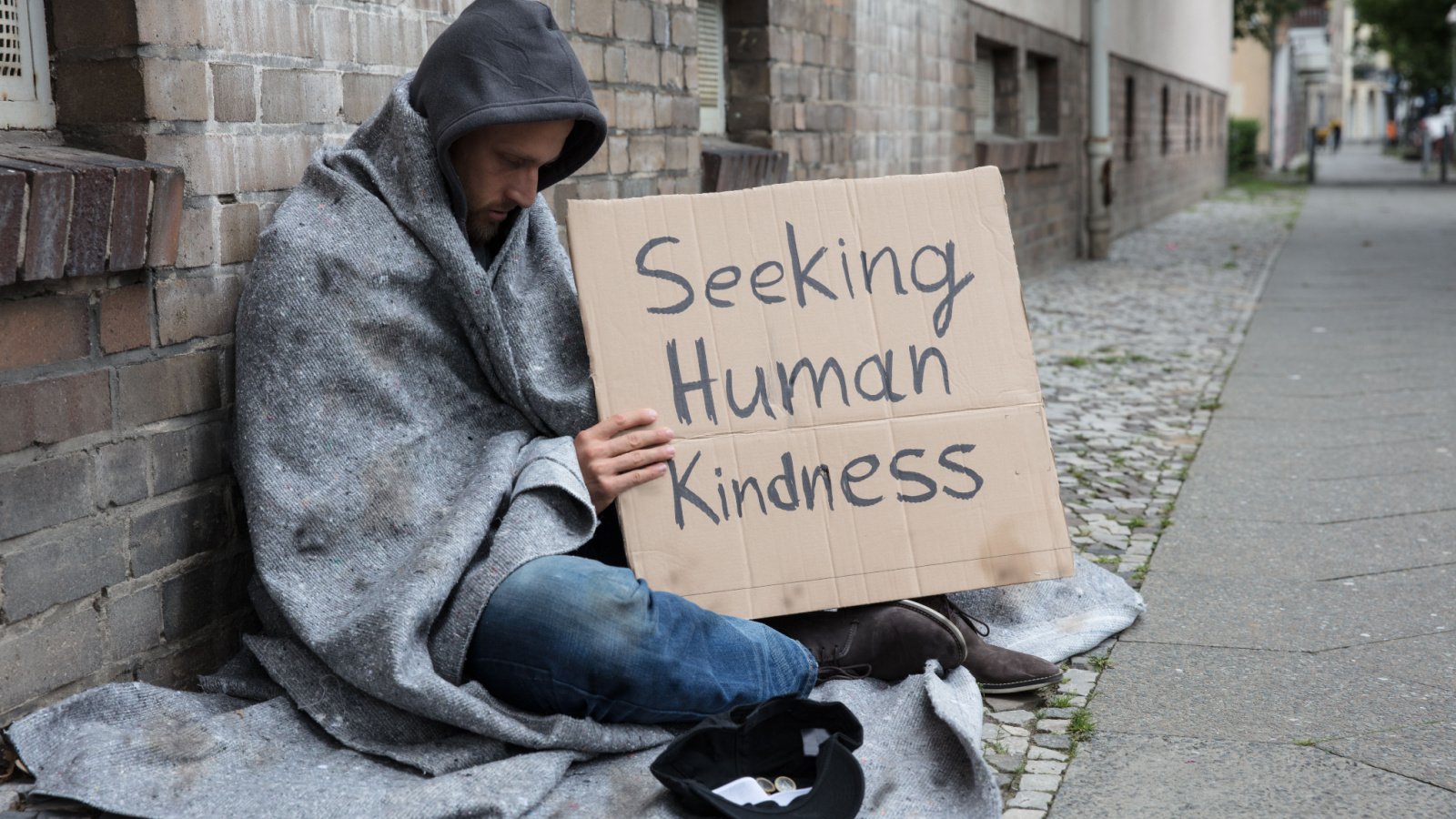Cities in the United States are grappling with an influx of migrants, leading to strained resources such as housing shortages and employment barriers for those without work permits. Local governments and communities are responding by adjusting shelter policies and increasing volunteer support, highlighting the complex challenges and the urgent need for federal assistance.
A City in Motion

In an unprecedented move, Chicago has initiated the eviction of over 2,000 individuals by April’s end, amidst a flurry of community aid. The city, following a path trodden by others, began clearing migrants from shelters on Sunday, aiming to alleviate the strain on resources that are spread thin.
Gradual Beginnings

A small number from the nearly 11,000 migrants housed across Chicago’s 23 shelters were the first to face eviction this Sunday, a mere 34 single adults. This is just the start, as the Office of Emergency Management and Communications outlines the scale of the undertaking.
A Glimmer of Hope

Exemptions await some, including pregnant women, individuals with specific health conditions, and migrants on the brink of securing their own homes. This policy extends a lifeline, offering families with kids the chance to stay a bit longer, with 30-day extensions that can be renewed.
A Looming Challenge

Yet, with over 2,000 people poised to be evicted by April’s close, the summer could see families leaving the shelter network. The city’s officials are treading a tightrope, balancing immediate needs against the broader challenge.
Community to the Rescue

An enthusiastic network of volunteers has stepped up, offering migrants more than just shelter. From school enrollment for children to food aid and legal workshops, Chicago’s community spirit shines bright.
Financial Strains

As the migrant count in Chicago tips over 37,000 since August 2022, the financial burden grows heavier. Across major cities, the migrant influx has stretched budgets to their limits, making every eviction a heavy blow to already dwindling resources.
Volunteers on High Alert

The eviction wave is testing the mettle of volunteers, who voice deep concerns about the potential fallout, especially for families. Annie Gomberg and her team at People’s Shelter Response are on the frontline, battling the uncertainties that loom large.
Uncertainty Among the Vulnerable

For families nestled within the city’s shelters, the eviction announcements stir a mix of confusion and dread. Venezuelan migrant Nelly shares her family’s anxious countdown, as they await the fate of their shelter stay with bated breath.
A Family’s Struggle

A mother, once a dental hygienist and now in Chicago with her two special-needs children, finds herself in a dire situation. Without work permits, she and her husband are unable to secure employment, leaving them in a state of financial and emotional turmoil.
A Mayor’s Compassion

Mayor Brandon Johnson, known for his progressive stance, has shown empathy towards migrants facing harsh winters in Chicago. Despite the challenges, his administration hesitated to enforce shelter stay limits, reflecting a commitment to humane policies over rigid enforcement.
Political Tensions

In contrast to his welcoming approach to migrants, Mayor Johnson has not shied away from criticizing Texas Governor Greg Abbott. He accuses Abbott of exacerbating Chicago’s challenges by sending thousands of migrants via charter buses, a move that strains the city’s resources.
A Policy Shift

Ultimately, faced with limited resources, Chicago has joined other cities like Denver in enforcing time limits on shelter stays. This decision marks a difficult but necessary shift in policy to manage the city’s capacities more sustainably.
Denver’s Response

Denver faces its own migrant crisis, with around 40,000 arrivals pushing the city to its limits. After a brief pause due to winter, the city has resumed enforcing shelter stay limits, highlighting the balance between compassion and practicality in addressing migrant housing needs.
Nonprofit Partnerships

Amidst these challenges, cities are leaning on nonprofit organizations to help bridge the housing gap for migrants. In Denver, efforts continue round the clock to find long-term solutions, though resources are stretched thin, underscoring the urgency of sustainable support systems.
Community Solidarity

In an inspiring display of solidarity, hundreds of local families in Denver have opened their homes to migrants. This communal effort reflects a broader trend of grassroots support, crucial for easing the pressures on public services and shelters.
New York’s Policy Evolution

New York City, grappling with a migrant shelter population of about 65,000, is setting new boundaries for shelter stays. This change signifies a significant pivot in the city’s shelter policy, aiming to better manage the escalating demands on its shelter system.
Shifting Shelter Dynamics

Chicago’s latest move limits the duration migrants can stay in shelters, introducing a process that requires them to reapply for a spot. This echoes the city’s efforts to manage its shelter capacity while still offering a 60-day window for families before they must seek reentry under new guidelines.
A Tough Decision

The harsh reality is that the majority of evicted adults, about 80%, choose not to reenter the shelter system. This statistic sheds light on the daunting challenges and discouragement facing those displaced from temporary housing.
Employment Hurdles

The crux of the migrants’ struggles lies in the quest for employment without proper authorization. While asylum seekers have a path to work legally, the lengthy waiting period for employment authorization severely hampers their ability to become self-reliant.
The Odd Job Dilemma

Amidst this bureaucratic bottleneck, migrants resort to sporadic jobs that hardly cover the exorbitant costs of living and housing in the city. This precarious financial situation puts additional stress on municipal resources and amplifies the call for federal support.
A Mayor’s Pledge

Mayor Johnson emphasizes Chicago’s commitment to compassion and resilience. By tailoring shelter stay extensions to individual needs, the city aims to foster a sense of stability and a path toward self-sufficiency for migrants.
The Challenge of Stability

However, the possibility of being uprooted again looms large for many, especially families with school-aged children. This cycle of uncertainty not only disrupts educational continuity but also exacerbates the anxiety among migrant communities.
Community Voices

The sentiment of uncertainty echoes through the migrant community, as volunteers like Erika Villegas witness the growing apprehension. Families are left to wonder about their future stability, highlighting the need for a more sustainable and empathetic approach to migration and shelter policies.








